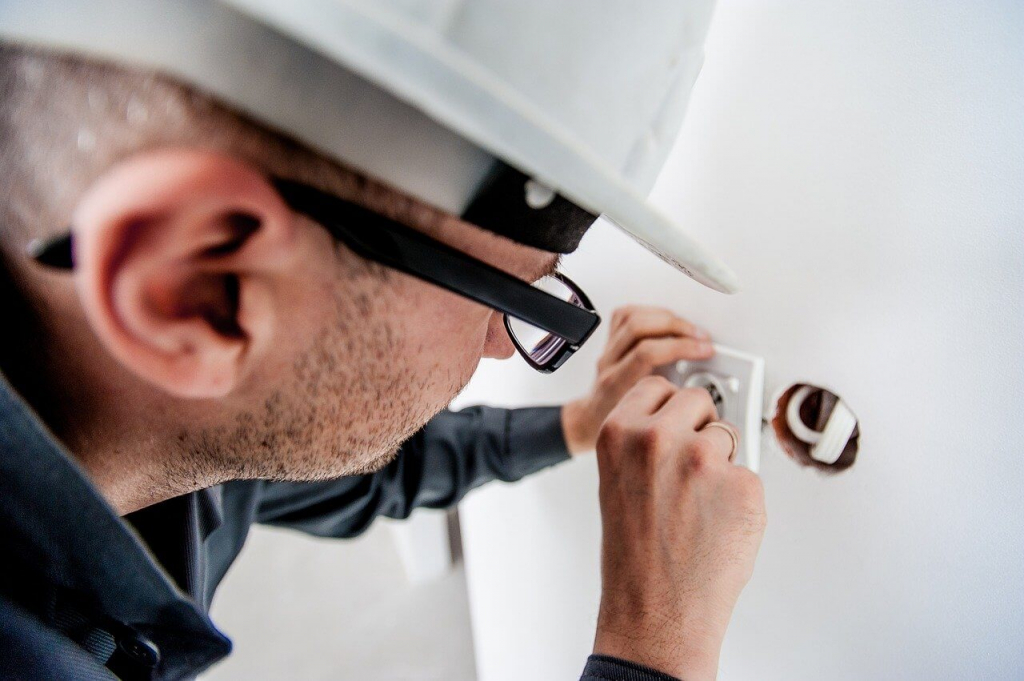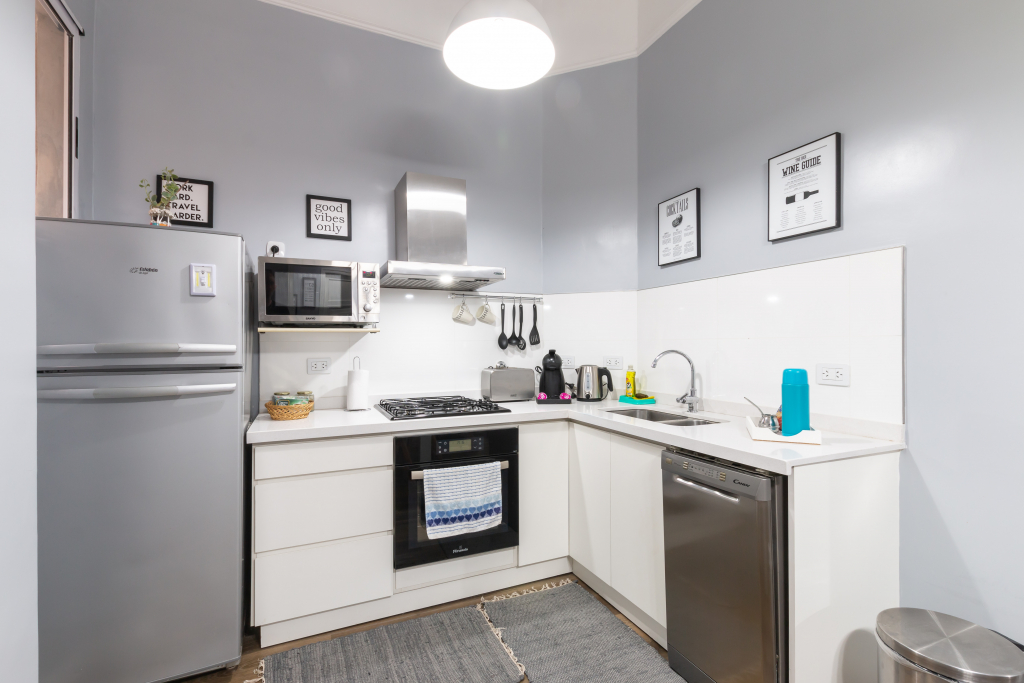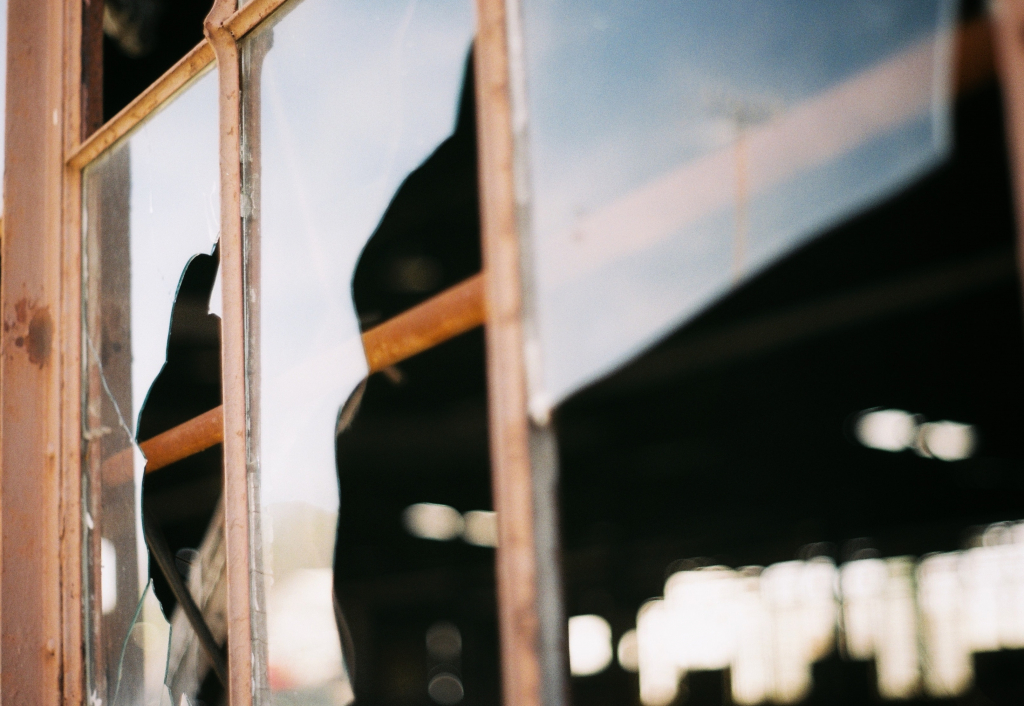The cost for property repairs don’t come cheap. For a landlord, it is one of the highest business expenses, which is why spending on repairs can be frustrating. However, you are not liable or responsible for some property damages. As occupants of your property, your tenants can cause damage due to their irresponsible use.
Repairs Landlords are Responsible for
Most repairs are indeed the responsibility of the landlord. It’s part of managing a rental housing business because you have to provide a habitable home to your tenants. After all, they paid for such accommodation.

Landlords must maintain their property so that it meets the standards for health and safety based on local housing codes. Usual standards include:
- Broken showers, leaks, and other plumbing issues that cause water damage, inconvenience, and unsanitary habitation.
- Rodents, cockroaches, bed bugs, and other pests that may pose a threat to your tenant’s health.
- Damaged Heating, ventilation, and air conditioning (HVAC) systems like a damaged radiator or malfunctioning AC unit.
- Electrical system issues such as faulty wiring can cause fire-related incidents.
- Common wear and tear
Since these problems directly affect a property’s liveability, the cost for repairs will solely be the landlord’s or his insurance company. If you think about it, it is only fair because repairing damage not only rids your tenants of inconvenience but also preserves your investment property.
What about appliances?
If you rent out furnished units or homes, you are responsible for repairing and replacing damaged appliances and furniture included in your lease agreement. When you advertise your listing on Padleads, and you list down appliances and furniture that goes with your property, it is only fair that they will be in condition for the entire duration of your tenant’s stay.

Repairs Tenants are Responsible for
The main factor in determining a tenant’s liability when it comes to property damage is negligence or irresponsible use.
If your tenants accidentally broke a window because they were horseplaying, they have to pay to repair it. If they spilled wine on the carpet, they must hire a dry-cleaning service at their expense. To put it simply, if it’s their fault, it’s their problem.

Security deposit
A security deposit is also known as a damage deposit because, as the term suggests, it is a payment made by your tenant to cover the costs of repair in case they cause damage to property during their tenancy.
In determining deductions on the security deposit to cover repairs, you have to make sure that the damages you found during the move-out inspection are not just the usual wear and tear.
Just be careful in handling security deposits because it needs to abide by federal and state housing laws, and make sure that the security deposit you charge is enough to cover both repairs and unpaid rent.